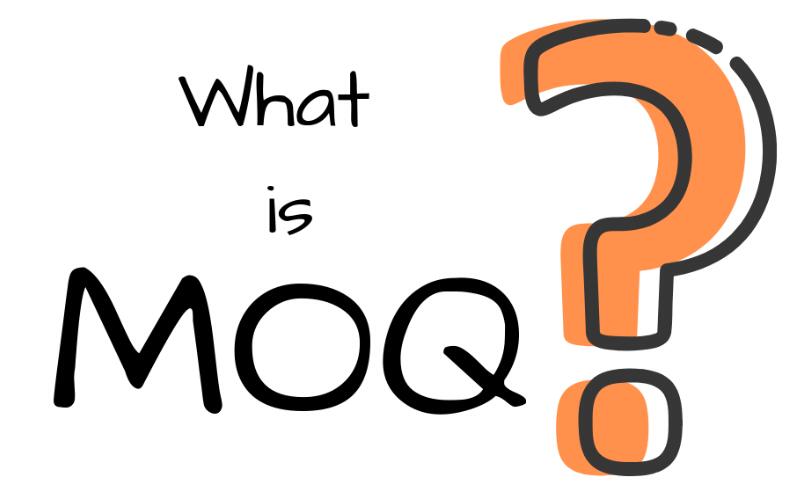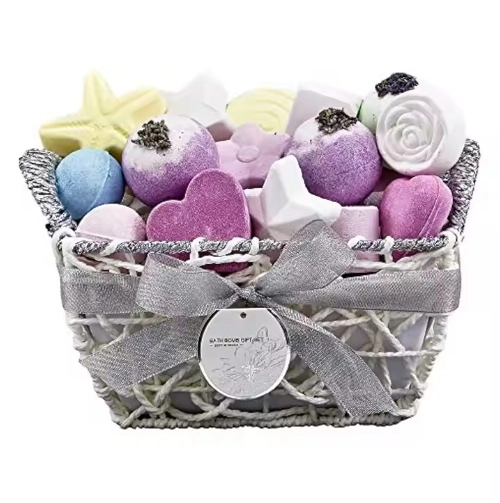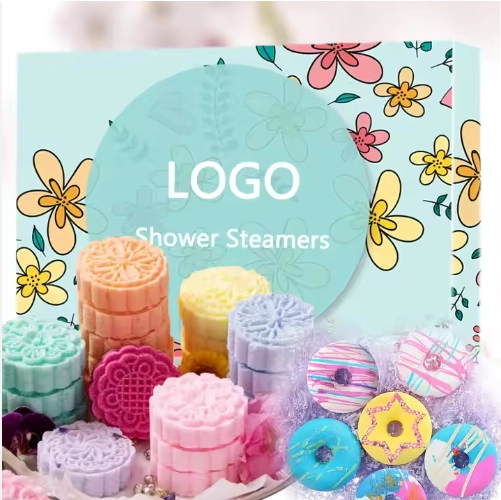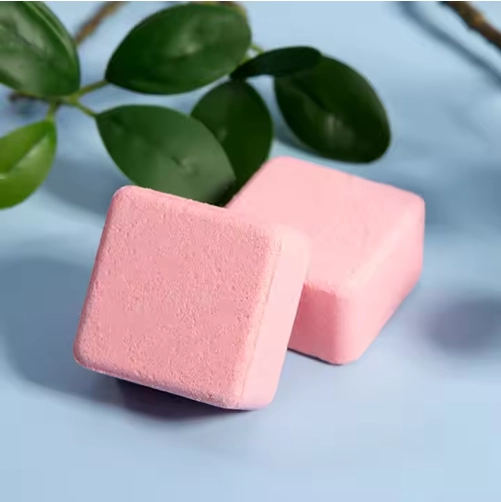Many wholesale buyers may encounter issues with MOQ in trade. Different businesses have varying MOQs for different products. So, what does MOQ actually mean, and what is the significance behind sellers setting MOQs? This article aims to resolve these doubts for everyone.
MOQ is the abbreviation for Minimum Order Quantity. In international trade terminology, MOQ represents the minimum quantity of a specific product that a designated supplier is willing to sell. The supplier will not deliver the goods if an importer cannot meet the minimum order quantity requirement.

About MOQ
The minimum order quantity is closely related to the supplier's costs. Suppliers determine the minimum order quantity based on production circumstances and cost control, depending on the volume ordered by the customer. In other words, the supplier can ship the goods if the order exceeds this specified quantity.
One method of replenishment is setting a suggested order quantity for each product through MOQ. Additionally, attention must be paid to order validity, as the supplier establishes these rules. This includes aspects like minimum order quantity, packaging quantity, and methods. The purchaser's suggested order quantity is based on these criteria.
MOQ is the minimum order quantity accepted by the supplier. Generally, this is based on the minimum order required by the supplier to make the transaction favorable for them. Sometimes, they might accept smaller orders to secure higher unit prices. For most suppliers, the more you order, the greater the discount.
While some suppliers don't enforce a minimum order, they are crucial for many wholesalers relying on large orders to profit. Most wholesalers earn minimal profits on each item they sell. Sometimes, this means that handling small orders may consume a lot of time and effort with little economic gain, making larger orders more profitable.
Calculation
Assuming costs depend on order quantity Q (quantity), unit cost C (amount), the percentage Z (%) of annual holding cost to unit cost, order processing cost S (amount) per order, and annual demand D (quantity), three variables can be derived: average inventory level Q/2, number of orders per year D/Q, and annual holding cost per unit ZC. Therefore, the cost T is:
T = annual ordering cost + annual holding cost = annual order frequency × cost per order + average inventory level × cost per unit held;
Hence, T = (D/Q)S + (Q/2)ZC. Setting dT/dQ = 0, the optimal order quantity is obtained as √(2DS/ZC).
Reasons For Setting Moq
1. Low profit margins necessitate larger sales volumes: Most Chinese manufacturers and traders operate on meager profit margins, often as low as 3 to 4%. Low-profit margins require suppliers to produce large quantities of products to balance income and expenses.
2. Suppliers' minimum order requirements reflect those set by their material subcontractors. Chinese suppliers tend to maintain minimal stocks of raw materials and components. Hence, they must purchase materials and components from subcontractors based on orders, which, in turn, demands factories meet the subcontractors' minimum order quantities.
3. Chinese suppliers do not retain stocked products; they usually "make to order." If factories stock products, it becomes easier to sell low volumes. However, they rarely do so, at least not for products intended for export.
Seller's Response When The Buyer Cannot Meet Moq
In foreign trade, situations where buyers cannot meet the MOQ requirements arise occasionally, especially with the increasing prevalence of small orders due to lowering barriers in foreign exchange. This scenario is particularly troublesome for customized products. Particularly for newcomers without prior orders, or if the potential lies not in the overall failure to meet MOQ but in each variety falling short of it, and there's potential for these varieties to grow into significant customers. If sellers want to accept such orders, they can increase prices, negotiate with customers to increase the quantity, produce some commonly used specifications, pool orders from multiple customers, fulfill orders in batches to meet MOQ or extend the delivery period. Utilizing these methods can help sellers maximize profits when buyers cannot meet the MOQ.
Minimum Order Quantity For Wholesale Private Label Bath Bombs
Boymay Cosmetics Co., Ltd. As a professional private label bath bomb manufacturer in China, we accept wholesale and OEM bath bomb orders with a minimum order of 1000 sets. We can provide free design and sample services, You are welcome to Contact us to discuss cooperation.





